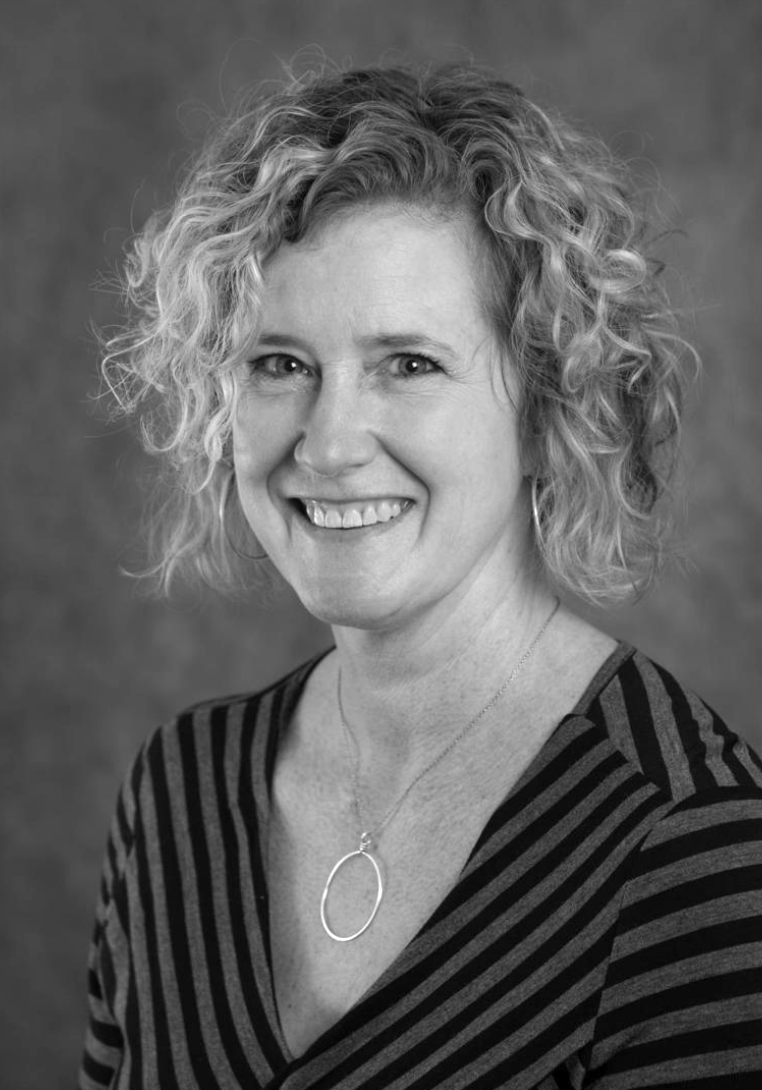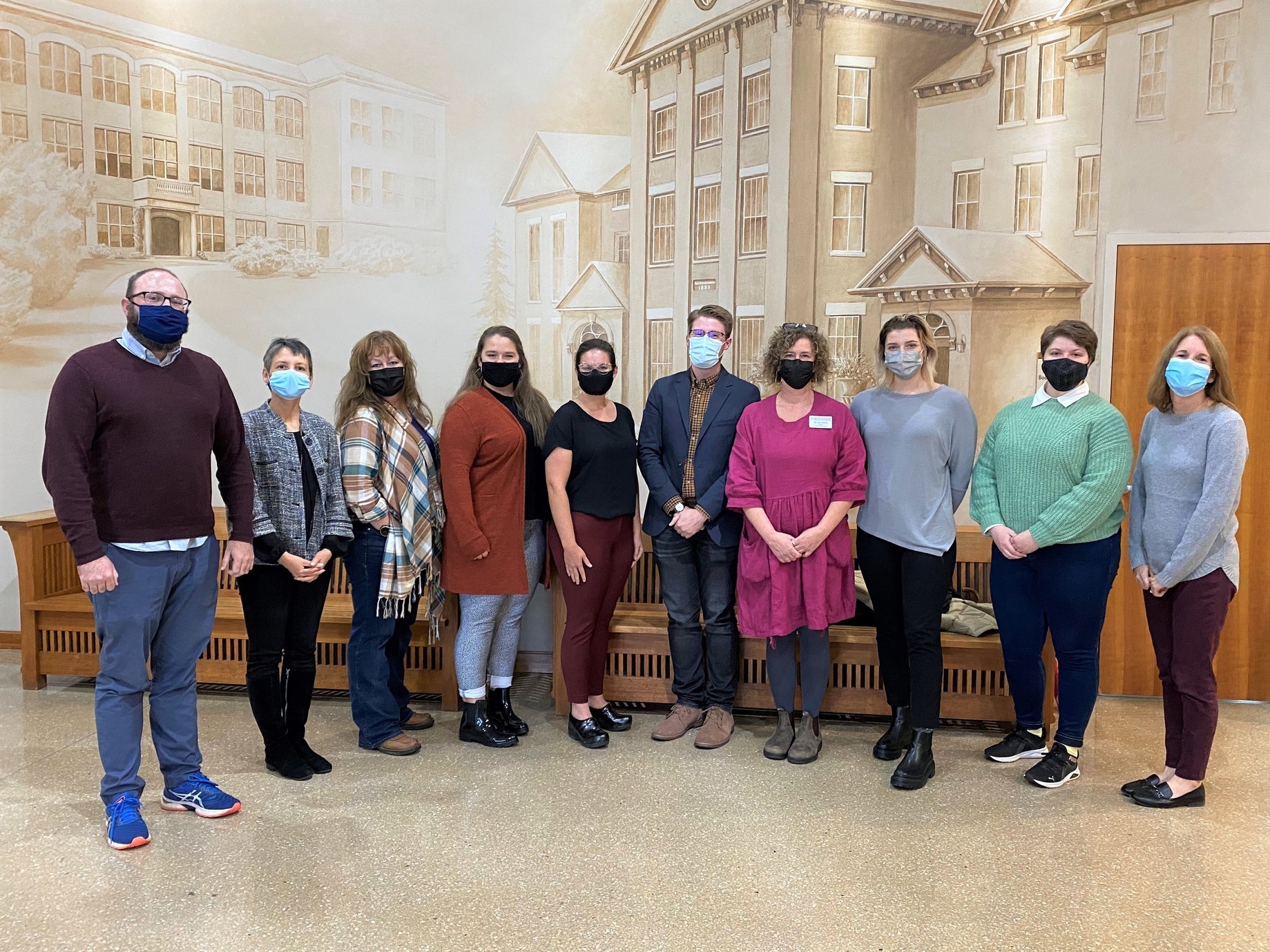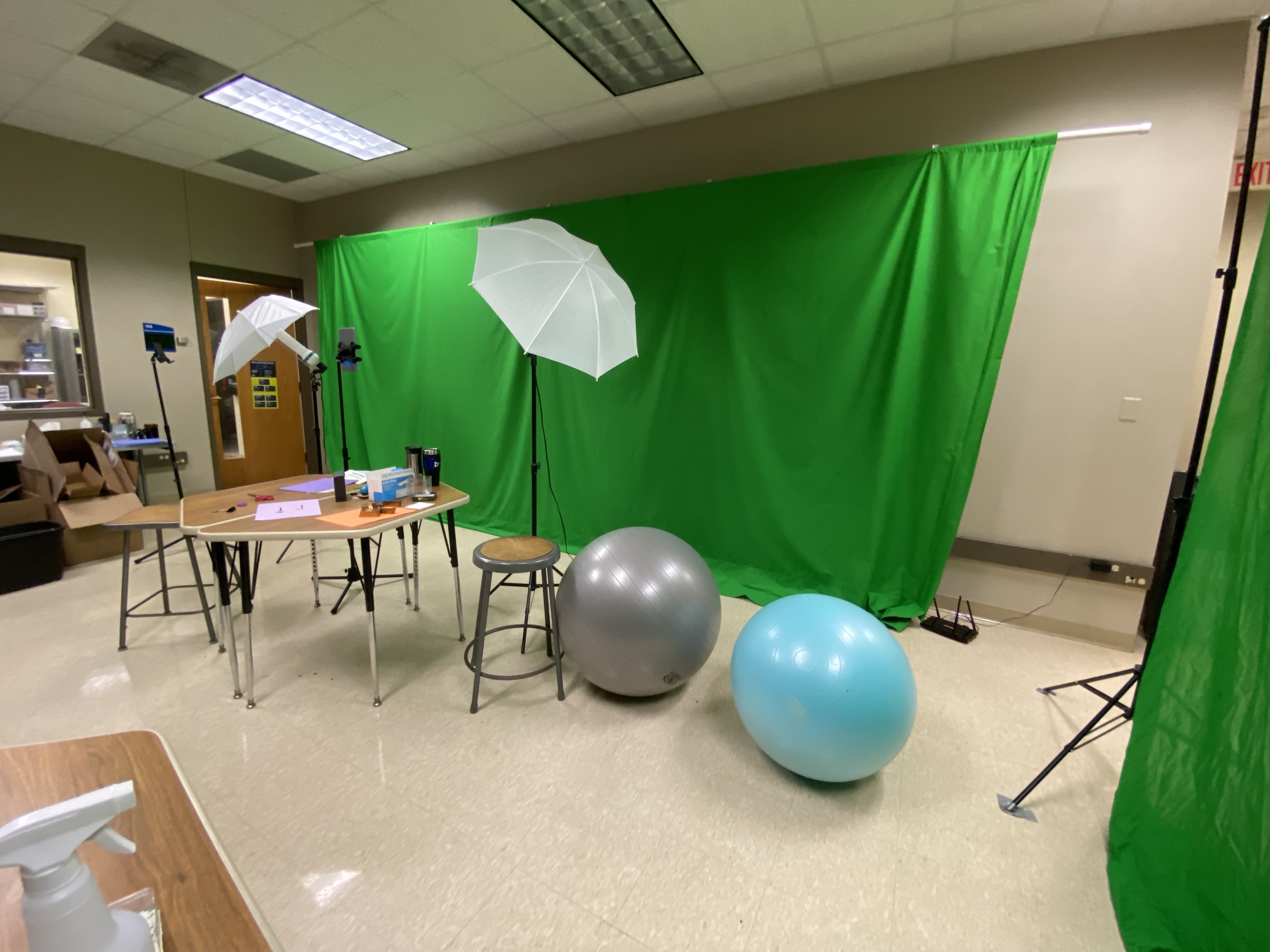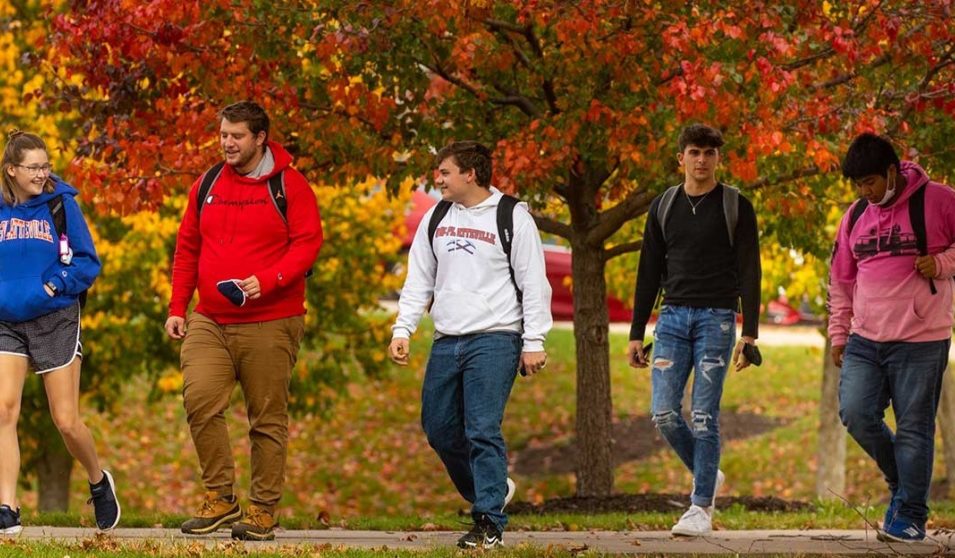The successful preparation of future educators has been a longstanding strength of our Driftless Hub partners at the University of Wisconsin-Platteville School of Education. This fall, the tight-knit faculty decided to take it to the next level with the launch of their new rural-focused K-through-9 licensure program.

The RSC team ventured out to meet the UW-Platteville hub in-person to learn about their new place-based initiatives. We were welcomed with the electric enthusiasm of hub contact, Dr. Jennifer Collins, jumping up and down with excitement as she flagged us down the long hallway. Dr. Collins is the Director of UW-Platteville’s College of Education and serves as RSC's Driftless hub contact.
Dr. Collins and her team's passion for their work is evident from the moment you step foot on campus. The UWP educators spoke about their new efforts to overhaul the education curriculum in order to reflect an integrated, place-based, and rural-centric approach. Rural Schools Collaborative was pleased to support a portion of this work through the 2021 Catalyst Initiative, which awarded a $25,000 planning grant to support UWP’s rural teacher preparation efforts. The UWP team aspires to create excellent, rural-ready leaders who go out into the field of education and, as Dr. Collins put it, are easy to pick out and say, “That’s a Platteville grad.”
So what will make someone stand out as a “Platteville grad?”. There were a few guiding questions that led Dr. Collins and her colleagues in reworking UWP’s program. They realized their past students came from and return to rural areas, so they wanted to answer: “What can we do to prepare students specifically for rural?,” and “How can we create a curriculum that connects students to their communities?” The core of their Introduction to Education course is further based on the question: “What does it mean to be from a rural area?” Hoping to provide the tools needed to understand the complexities and realities of "being from" a place, all education students in this course become equipped with the basic framework of place-based education. Even though this type of program is well suited for a rural lens, Dr. Collins assures that it can be applicable to classrooms anywhere.

In addition to a place-based approach, the team unanimously agreed that Diversity, Equity, and Inclusion (DEI) must be foundational to every element of the program. Dr. Edina Haslauer, Assistant Professor in Multicultural Education, English Language Learning, and Rural Education, explains, “When students are asked what they love about teaching in a rural school, they mention the tight-knit community. We work to unpack ‘tight-knit communities,’ it’s tight-knit for whom?”. Now, all K-9 students take a Social Justice in the Rural Classroom capstone course which explores the role of teachers in DEI work. They learn ways to manage difficult conversations around race and diversity and grow into a new awareness of rurality. In the future, they also aspire to conduct a trauma-informed education class.
To further support their students, UWP created a loan repayment assistance program for elementary and middle school teacher graduates. When they finish college and get a job, UWP will help repay loans on a sliding scale until graduates hit the yearly income of $48,000. Currently 24 out of 34 eligible students have enrolled.
Additionally, the UWP team focuses on outreach by talking to middle and high school students in rural areas about becoming teachers. The college hosts shadow days where young students thinking about pursuing the field of education can visit campus to see what a normal day is like for education majors at UWP. These efforts are all key to directly addressing the ongoing rural teacher shortage.

Jessica Brogley, Educational Technology professor and host of the Proud Rural Teacher Podcast, also highlighted how students in their programs get an upper hand on technology skills needed in today's classrooms. Her courses address a wide range of technology because she understands that not all of her students are going to be the same type of teacher. When students leave, they have an array of experience and they understand that learning can be exploratory--you don’t have to know all the answers before trying something new.
While this program just started in the Fall, it’s clear the work is already resonating with their students. UWP is unique in that many of their enrollees already know they want to teach rural, so this approach easily clicks with students’ interests. One education student, Chloe, class of ‘23: ”I’m from a rural town and grew up with the support of the community, that support is a big reason why I wanted to teach rural.”
RSC was thrilled to see first-hand both the beauty of the Driftless landscape, and the passion of the UWP educators and students. It is clear the entire team will go above and beyond in order to create those signature Platteville grads. Their program sets a high bar for producing rural-ready teacher-leaders with an inclusive awareness of their place. Thank you to the entire UW-Platteville College of Education team for hosting us, and for their continued efforts to strengthen the rural educator pipeline!




